Learn 8 simple ways to save money in your kitchen with this short guide. From planning your shopping budget to using energy-efficient appliances, these tips are bound to save you money in the long run!
- Plan out your shopping budget well
- Buy in bulk and freeze
- Use reusable containers and bags
- Cook in batches and freeze leftovers
- Refrain from ordering food
- Use cheaper cuts of meat
- Make use of your cupboard stash
- Use energy-efficient appliances
This web portal is supported by its readers, and is a part of the Amazon Services LLC Associates Program and the eBay Partner Network. When you buy using links on our site, we may earn an affiliate commission!
1. Plan out your shopping budget well

One of the easiest ways to save money in your household is to learn how to plan out your shopping budget better. Before heading to the grocery store, make a list of the items you need and stick to it. Avoid impulse buys and unnecessary items – these can quickly add up and cause you to spend way more money than you originally intended.
You can also plan your meals for the week and buy only the ingredients you need to prepare them. This will not only save you money, but it will also greatly reduce food waste. Another tip is to shop at discount stores or local farmers’ markets for fresh produce and other items, if only these are available in your area. By planning ahead, you can save money and still enjoy delicious meals.
2. Buy in bulk and freeze
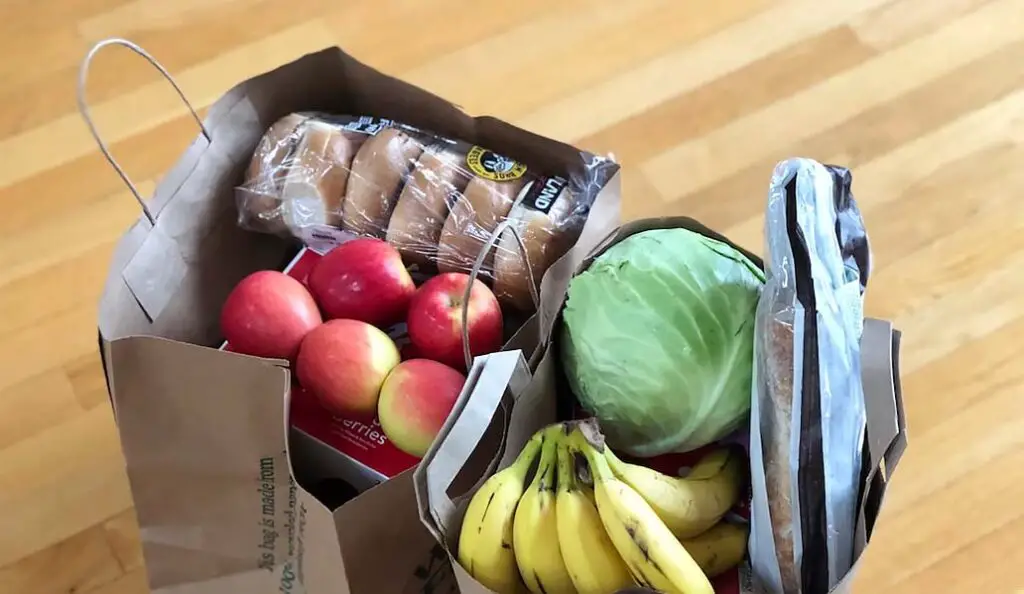
Buying in bulk is a great way to save money, especially when it comes to non-perishable items such as rice, pasta, and canned goods. You can also save money by buying meat and other freezable food products in bulk and freezing it in smaller portions for later use. This not only saves you money, but it also saves you time by having pre-portioned meat ready to go for meals.
When buying in bulk, make sure to compare prices and check for sales to get the best deal. Additionally, make sure to properly label and date your frozen items to avoid any confusion later on. While all this sounds pretty obvious, strategically buying food products in bulk requires some thought before going to the store. Find out which food products you can safely freeze for later. Most frozen foods can last for at least few weeks in your freezer!
3. Use reusable containers and bags
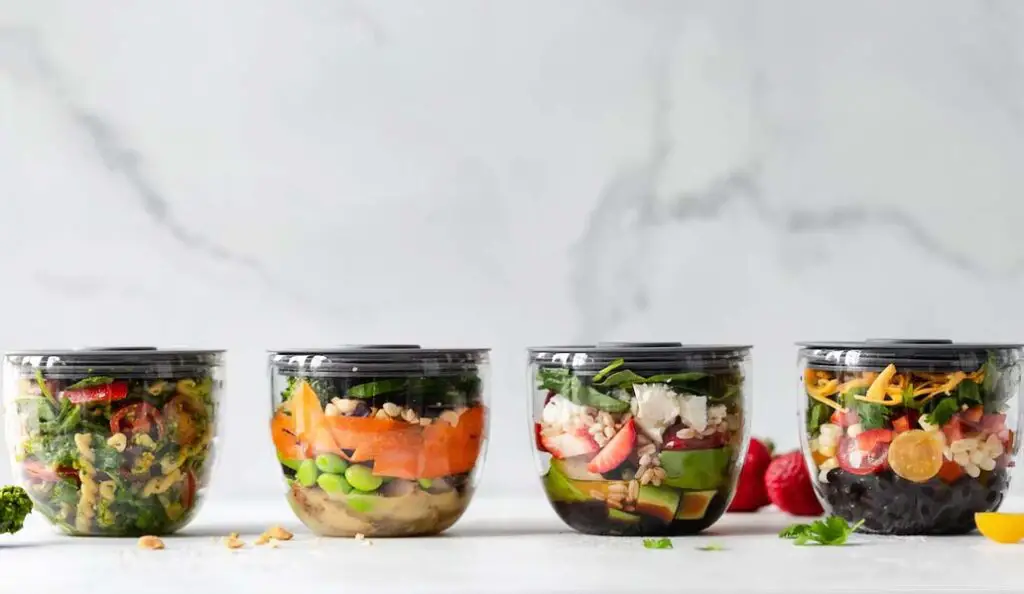
Using reusable containers and bags to store food is actually a great way to save money and reduce waste in your kitchen. Instead of constantly buying disposable plastic bags and aluminum foil, invest in reusable containers that you can use over and over again. Not only is this better for the environment, but it can also save you money in the long run. You can use reusable containers to store leftovers, pack lunches, and even freeze food. It’s the green way to go!
Additionally, using reusable bags when shopping for groceries can help you save money by avoiding the cost of purchasing disposable bags. Plus, some stores even offer discounts for bringing your own bags. So, next time you go grocery shopping, bring your own reusable bags and containers to save money and reduce waste.
4. Cook in batches and freeze leftovers
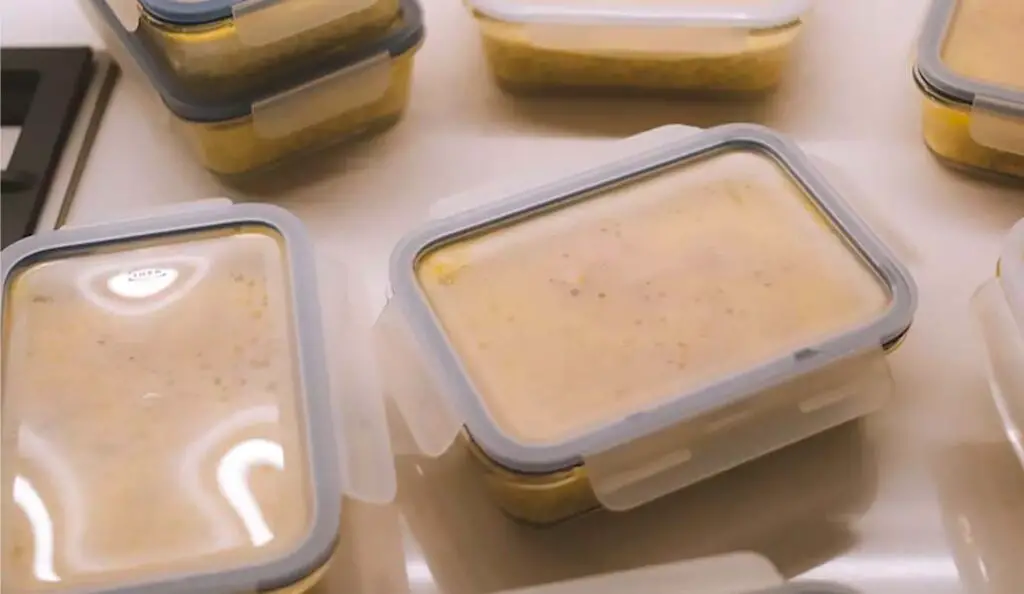
Cooking in batches and freezing leftovers for later is also a great way to save time and money in the kitchen. When you cook in batches, you can make larger portions of your favorite meals and freeze the leftovers for later. This not only saves you time but also reduces food waste. You can use reusable containers or freezer bags to store your leftovers.
Make sure to label all your food packages with the date and contents so you know what you have on hand in your freezer. When you’re short on time or don’t feel like cooking, you can simply defrost your frozen leftovers and enjoy a home-cooked meal without the hassle of cooking from scratch. Again, this sounds pretty simple and obvious, but it really works well saving you both time and money in the long term!
5. Refrain from ordering food
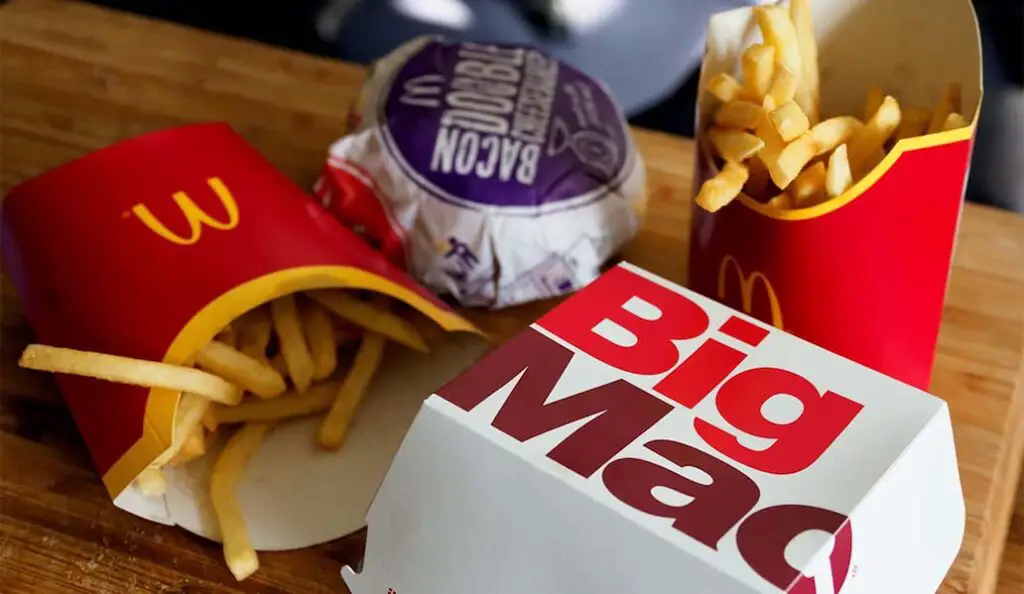
Another quite obvious thing, but really worth mentioning – ordering food can be expensive, so try to eat homemade meals more often. Plan your meals in advance and make a grocery list to help you stick to your budget. Save money by cooking meals from scratch instead of buying pre-packaged foods and making use of food delivery services.
Another tip is to try to avoid buying snacks and drinks when you’re out and about, as these can quickly add up and eat into your budget. A great idea here is to prepare your own snacks at home and then take them with you, for example in a classic lunchbox. Not only can that save you money, it’s also pretty convenient too!
6. Use cheaper cuts of meat
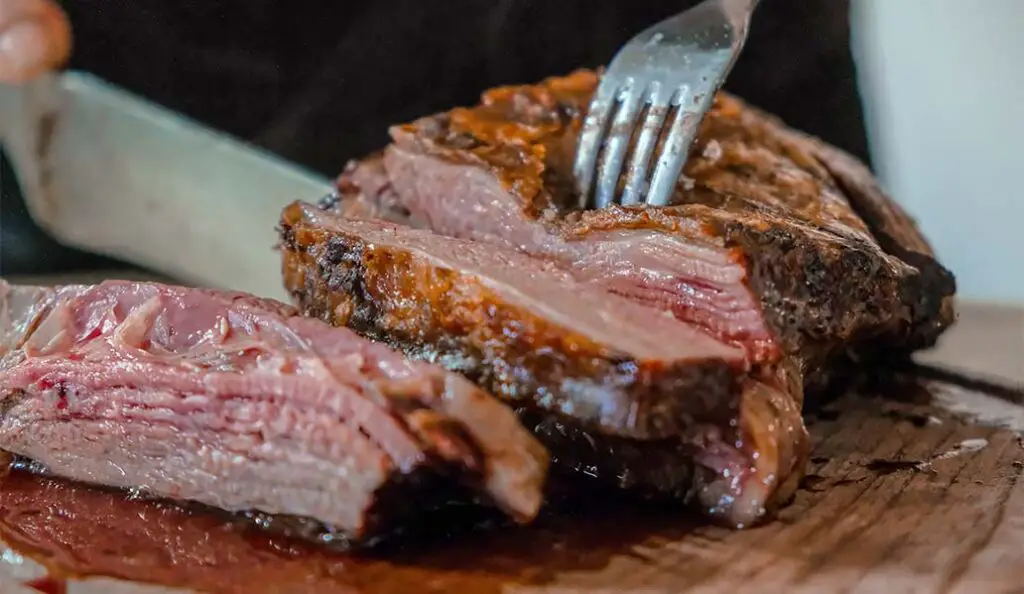
Meat can be one of the most expensive items on your grocery list. However, you can save money by choosing many different, cheaper cuts of meat. These cuts may sometimes require a longer cooking time and a bit more prep work, but they are often more flavorful and tender.
Some examples of cheaper cuts of meat include:
- Chuck roast
- Pork shoulder
- Chicken thighs
- Ground beef
These cuts of meat are perfect for slow-cooking recipes like stews, casseroles, and chili. You can also marinate them to add extra flavor. By choosing cheaper cuts of meat and preparing them in the right way, you can save money without sacrificing taste.
7. Make use of your cupboard stash
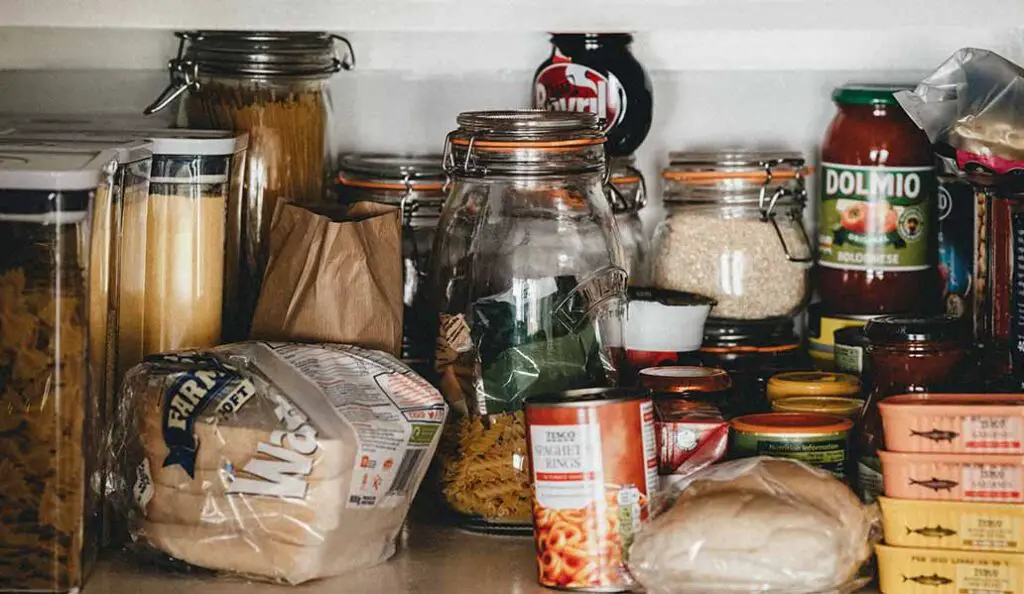
You may be surprised at how many meals you can make from the items in your pantry. Take a look at what you have in your cupboards and make a list of meals you can make from those ingredients.
There are many sites out there that can give you recipes based on the ingredients you have on hand – one of them is myfridgefood.com This will help you avoid buying unnecessary items and save money on your grocery bill. Try to use up any items that are close to their expiration date.
Another way to use your cupboard stash is to make your own spice blends and sauces. This can save you money in the long run, as buying lots of different pre-made spice blends and sauces can quickly add up. Plus, making your own allows you to control the ingredients and adjust the flavors to your liking. Overall, by making use of stored away and forgotten food products from your pantry, you can save money and reduce food waste.
8. Use energy-efficient appliances

Using energy-efficient appliances is a great strategy to save money in the kitchen in the long run. When shopping for appliances, look for those with the ENERGY STAR label, which indicates that they meet strict energy efficiency guidelines set by the U.S. Environmental Protection Agency. These appliances use less energy than their non-certified counterparts, which can lead to slowly accumulating savings on your energy bills over time.
Additionally, consider using small appliances like air fryers or toaster ovens instead of your oven or stove, which can use more energy and heat up your kitchen unnecessarily. Air fryers for one, heat up fast because of the way they’re built, and therefore can use way less energy over time than equally powerful convection ovens!
The summary – Best ways of saving money in the kitchen

To sum it all up, there are many different ways to save money in the kitchen without making many sacrifices. Most of these tips are pretty obvious, but when you attempt to follow them you’ll quickly realize that they require some self-discipline to pull off.
Planning out your shopping budget, buying in bulk and freezing, using reusable containers and bags, cooking in batches and freezing leftovers, and eating at home more are all great ways to save money in your household.
By implementing these tips, you can still enjoy delicious and nutritious meals while keeping your budget in check. Hope we were able to help. Until next time!
Main article photo: Towfiqu barbhuiya


